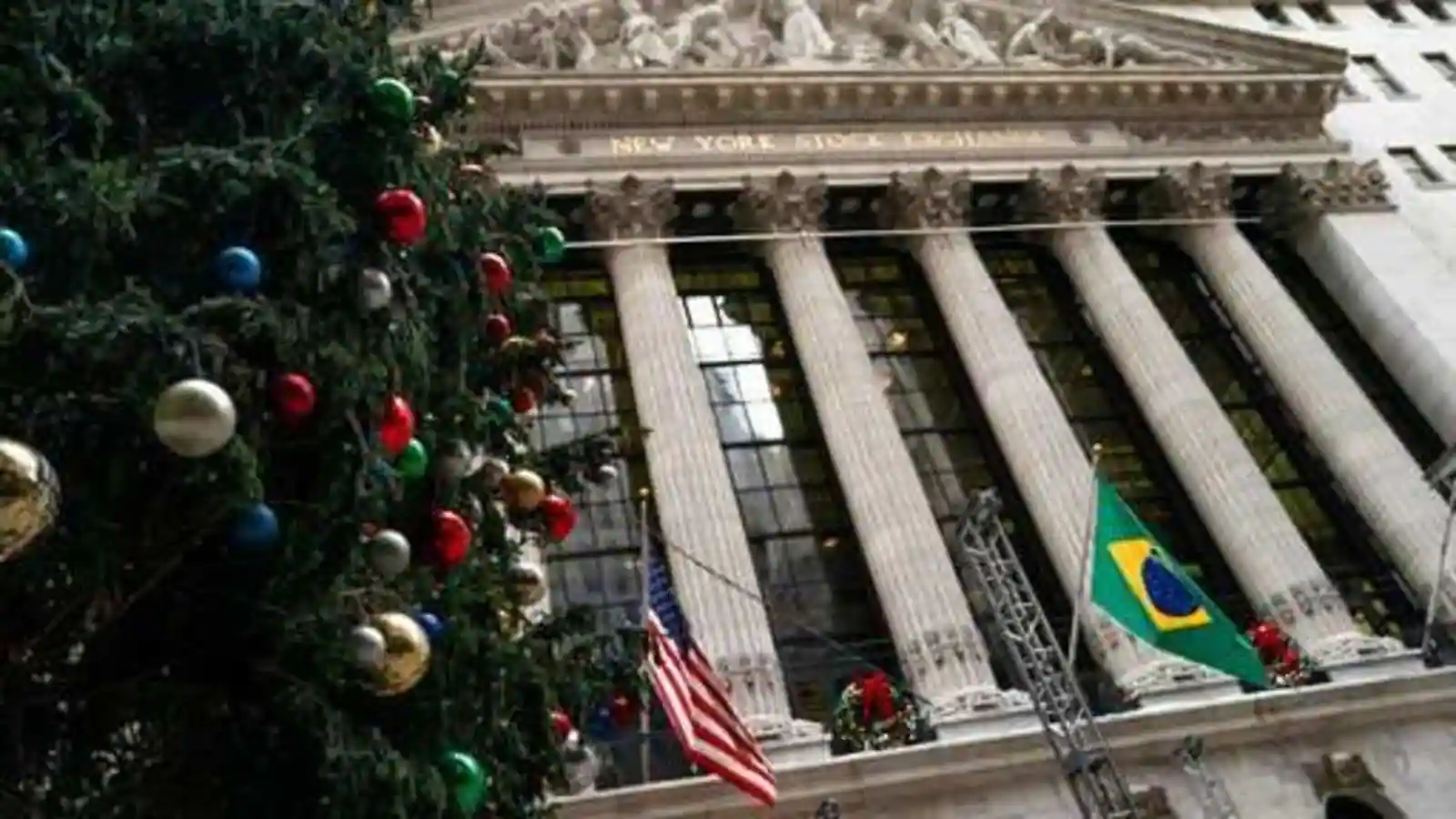9196
0
Wall Street has come back more noticeably
Wall Street has come back more noticeably after the premiums from the week-end. The Dow Jones index lost 0.9 percent.

Yazar: Tom Roberts
Yayınlanma: 14 Aralık 2021 03:42
Güncellenme: 19 Şubat 2026 16:28
Wall Street has come back more noticeably
Wall Street has come back more noticeably after the premiums from the week-end. Traders spoke of a "week of truth" with the central bank meetings of the Federal Reserve, the European Central Bank, the Bank of England and the Bank of Japan. Market players expect the US Federal Reserve to take a more brisk pace in tightening monetary policy. This has been all the more true since last Friday's exorbitantly high inflation data, which had reached the highest level since 1982. The Dow Jones index lost 0.9 percent. The S&P 500 also fell 0.9 percent after closing at a record high on Friday. The Nasdaq composite fell 1.4 percent. There were 1,084 (Friday: 1,581) course winners and 2,273 (1,763) losers. 147 (152) titles went unchanged from the market. Growing nervousness about the impending monetary policy tightening and increasing concern about the spreading omicron variant of the coronavirus gained the upper hand, even if retailers said that fighting inflation was really necessary, because sustainable inflation rates at the current level should sooner or later also affect the economy and thus hit the stock market. It is expected that the Fed will accelerate the repayment of its bond purchases and possibly also hold out the prospect of earlier rate hikes than previously assumed, said analyst Ipek Ozkardeskaya from Swissquote. As a result, some categories of stocks are likely to fall in favor of investors who have previously benefited from the policy of cheap money. The analyst includes the so-called meme stocks, which are unlikely to reach such high levels on their own in the coming months.İLGİLİ HABERLER





European stocks soared and focus shifted to German retail sales after Powell's speech!

Forex Signal For TRY/USD: Inflation Slowdown in November.

Forex Signal For GBP/USD: Bullish Trend Still Not Breaking While Recovery Continues.

Forex Signal For EUR/USD: Starry US Data Points to Higher Fed Increases.

Forex Signal For BTC/USD: Downside Continues as Bitcoin Recovery Moves Less.
En Popüler Haberler
Yorum Yap
Yorumlar
Henüz yorum yapan yok! İlk yorumu siz yapın...